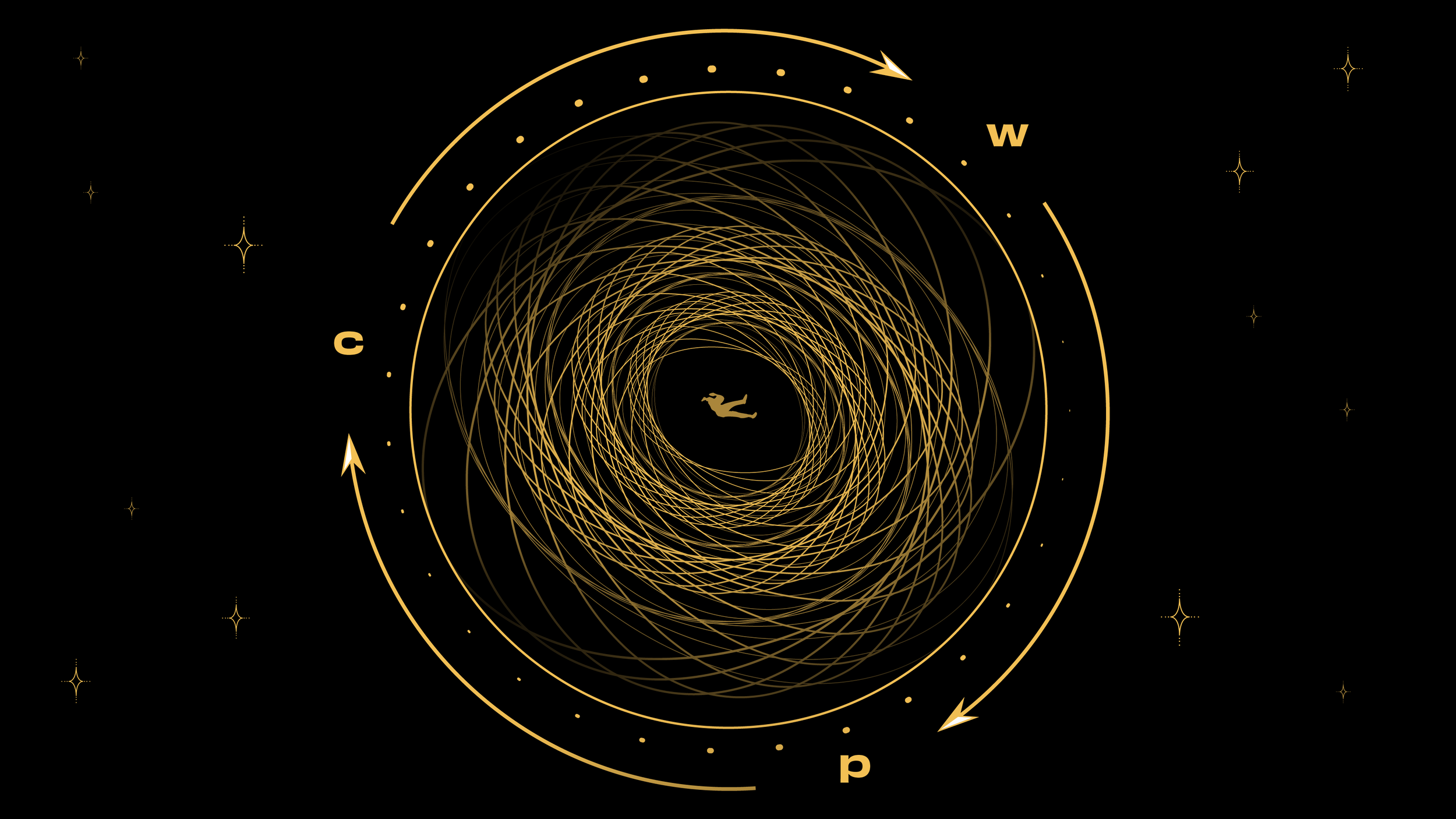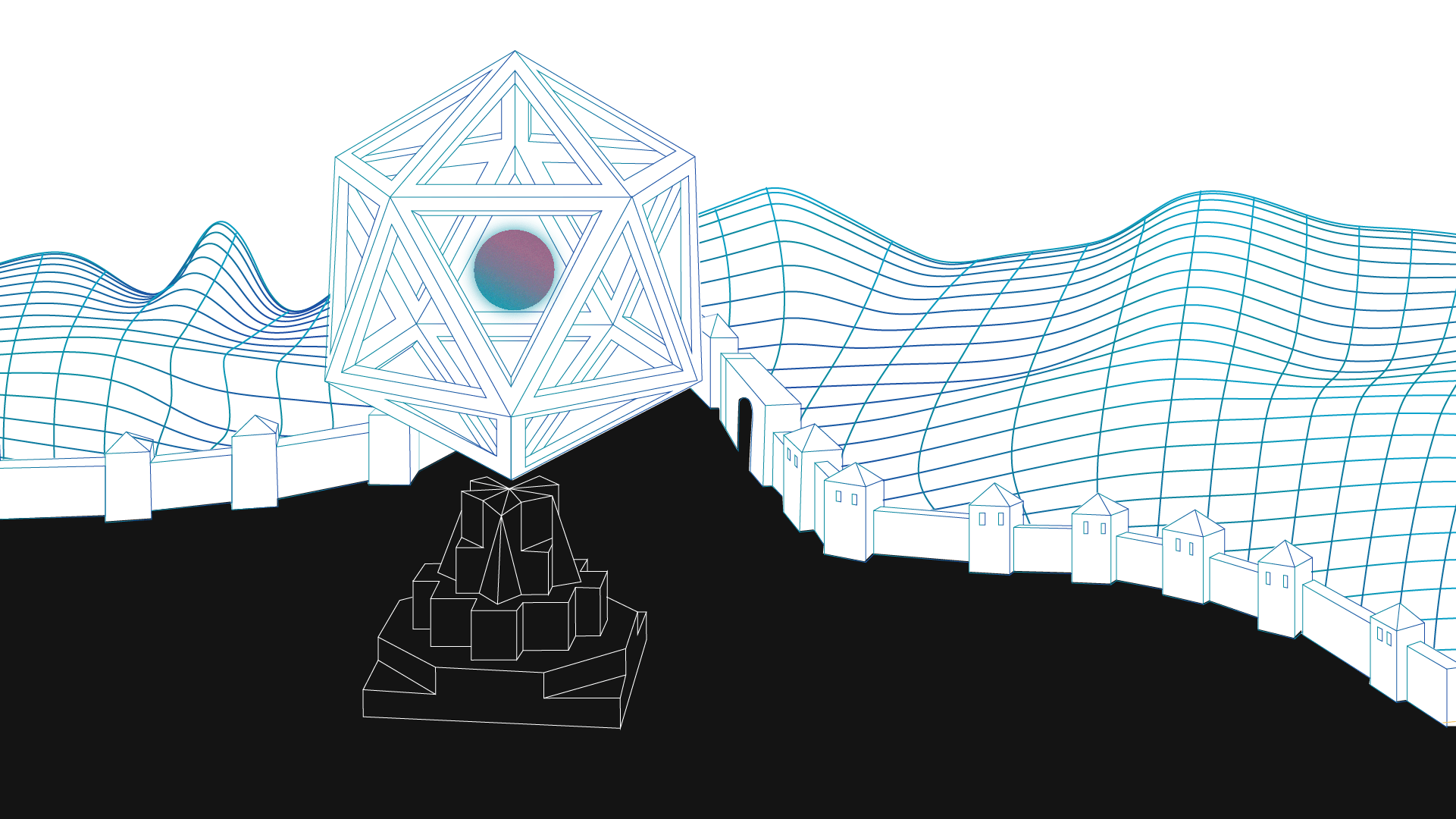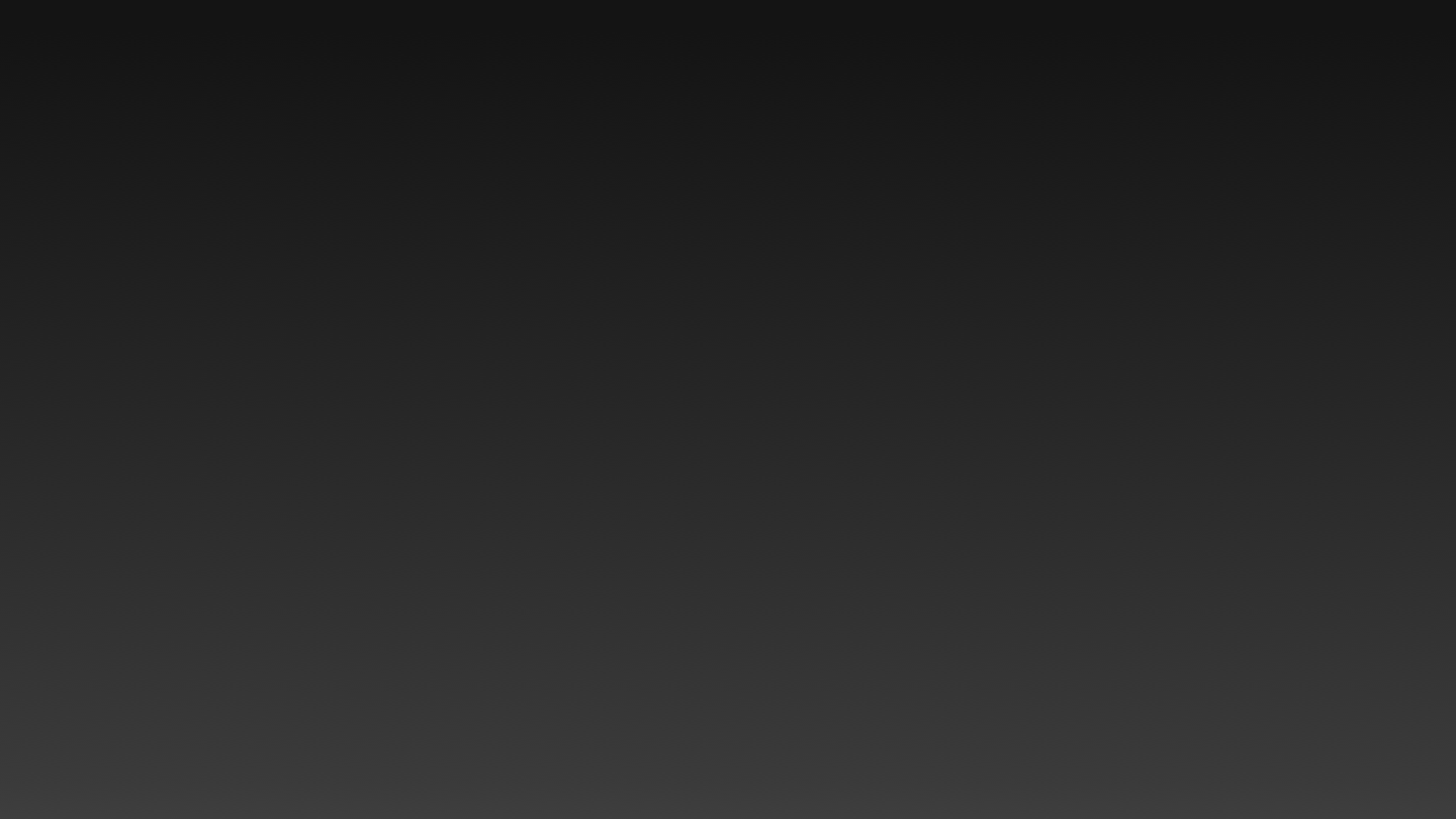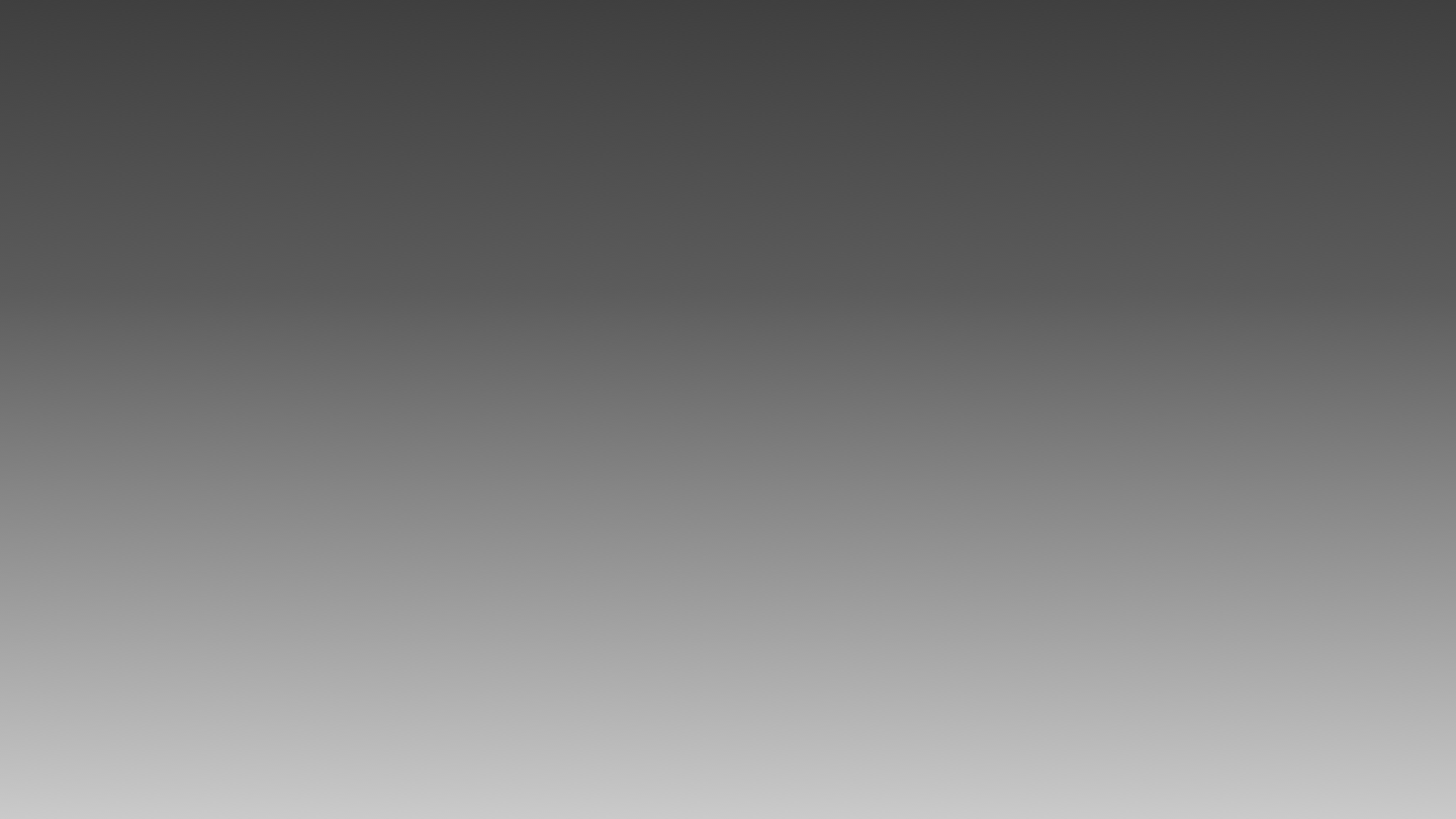what is happening today?
“The Great Promise of Unlimited Progress—the promise of domination of nature, of material abundance, of the greatest happiness for the greatest number, and of unimpeded personal freedom—has sustained the hopes and faith of the generations since the beginning of the industrial age.”
how we got sick
Not only have we been told that TINA, “There Is No Alternative” to global capitalism, but nowadays this concept has even crept into our veins and bones, it is now embedded in our minds, like a “non-overridable” plug-in. A man who thinks outside the Box of Consumerism is considered an Unreasonable Man (G.B. Shaw).
We are no longer able to conceive a different world from the one we live in and, apparently, we don’t even want to.
Or have we simply forgotten that there are alternatives?
In the past we were warned about the potential flaws in this system, but we did not want to heed those warnings for even a second. We have deliberately looked away from those who have warned us several times, with different reports, such as the one on The Limits to Growth.
This is because the thirst to go beyond those same limits and our desire for infinite growth were deeply powerful driving forces, stronger than the caution and attention that should have been employed.
We have moved from local communities to a Global Village. In doing so we have lost our specificities, progressively homogenizing all our desires, places, ambitions, values and imaginations without any real awareness of it happening. In aiming to achieve the happiness and satisfaction promised to us by the capitalist system, we have forgotten our origins.
Now we find ourselves to be hyper-standardized and we need to face it.

Work, Produce, Consume
So this new global society has decided to devote itself to eternal Growth, to eternal Progress. A growth not so much focused on ethical aspects, but on merely practical and technical ones.
Being the richest and most productive nation, the people with the most resources and the person with the most goods have become the new idols to worship and pursue. To power this gigantic machine, driven by unifying and centripetal forces, we have set up an eternal and repeating cycle, continuously moving from one step of the production chain to another, without ever being able to stop.
And so we all began to orbit in the same direction, diligently oiling the gears, connivant of the realization of the design that has trapped us in a vortex with no apparent way out.
WE HAVE DEVOTED OURSELVES TO A NEW AND POWERFUL RELIGION: WORK.
Over the last fifty years we have built an increasingly humanized world, rising above everything else.
We have created megalopolises from nothing, human fortresses that have progressively exiled nature, relegating it outside our walls. The concept of Work, placed at the base of the global production chain, has emanated its aura, spreading across the world and pervading every environment. Like every religion, it has seen the birth of its own divinities and idols.
And thus was created the archetypal figure of work: the Career. The beginning and end point, concretization of the work spirit to its maximum power and devotion. It is interesting to note that the term “career” was borrowed from the semantic sphere of movement, specifically that of speed. “To career” derives from the faster pace of a horse. Or, alternatively, it is connected to the carraria, the road once dedicated to horse-drawn carts, characterized by grooves in the ground that allowed the wheels to move smoothly and quickly, without encountering any obstacles.
In the same way, we have hurried to build systems that would allow us to take part in the great ritual cycle of production: Work, Produce, Consume.
So the great wheel of the world gained even more speed: produce more and faster, chase a higher and higher gain, with the delusion of reaching a greater personal satisfaction and deeper happiness. We sped up time, planned every single moment of every single day to be hyper-productive. We decided to no longer base our identities on our attitude, character or temperament, but rather on the title we have attributed to ourselves through our work.


We let ourselves be so thoroughly pervaded by this mechanism that we even created dogmatic paths in the name of Work. Working overtime has gone from being the exception to representing not only the norm, but a practice to support, if not idolize. These kinds of interpretations are behind the 996 work system.
We have forgotten that we are human beings and not working beings, but above all that what makes us happy in life is achieving a goal and not having a job. More often than we think, those two things are not the same.
PEOPLE NEEDS
A PURPOSE,
NOT A JOB

In an increasingly fast and frantic society, the challenge has shifted from the present to the instant.
The difference lies in hyper-connection, in immediately being able to respond to the continuous input you receive and generating it just as quickly in turn.
In the world designed by consumerism, every moment must be exploited and consumed, bringing it to a minimum in the shortest time possible. We have transformed our idea of time: it is no longer linear, no longer cyclical, but pointillist.
We all experience time in a pointillist way, as Z. Bauman called it. Our time is no longer circular or linear, where we have a succession of events and moments, even empty ones, that do not need to be filled. Nowadays, every moment must be lived as though it contained an entire life. Every moment, every day must give us everything. That is where we have unconsciously placed our expectations.
If we were to exclusively continue to produce without interruptions, we would exhaust ourselves and our production power would come to a standstill.
That’s why recreational tools have been put in place, which reflect our needs for immediacy in the same way as our consumption of reality. Immediate notification systems warn us about every micro change within our communities or echo chambers, so that we may always be updated.
Whether we need it or not, our beloved software is always there, at our fingertips, inseparable from our person, often dragging us in. By now several studies have proven (here is an example) that our level of attention is perpetually halved. This happens because one half is perpetually dedicated to perceiving our smartphone’s activations. The birth of behavioral disorders such as screen addiction or of neologisms like JOMO and FOMO is not a coincidence.
The constant thirst for novelty induced by this kind of system has led us to be maniacally neophile, thus feeding the spiral of reality in which we are immersed.
After all this, we have to ask ourselves - if comfort and happiness really reside in this world, where every need is generated and extinguished almost instantly, then why are the societies that adopt it considered to be amongst the most unhappy? -
“Ours is a society made up of notoriously unhappy people: isolated, anxious, in the midst of depressive states and destructive impulses, incapable of independence, in a word, human beings who are happy to be capable of killing the time that they so earnestly try to save.”

A great
opportunity
“The crisis consists precisely in the fact that the old is dying and the new cannot be born; in this interregnum a great variety of morbid symptoms appear.“
— Antonio Gramsci
That sentence is part of the writings of Gramsci, who at the time was a prisoner under the fascist regime. In all probability, it refers to that situation of stalemate and stasis when the world we live in cannot find the strength necessary to turn the page. The kind of transformative process that turns new lights on, not intended exclusively as a future full of hope, but that seeks alternatives in a present that clearly shows its enormous ideological flaws. Ninety years later, we find ourselves facing the same challenge in the field of imagination.
And if until the beginning of 2020 the world did not seem to hint at a real and concrete change, since March, for the first time, the entire globe has stopped spinning. For the first time since the creation of the production machine of modern societies, all its gears have progressively started to jam and stop for good.
For more than twenty years we’ve been expecting a digital attack, a global cyber-threat (the infamous Millennium bug), and instead what put all the most evolved and sophisticated societies of 2020 in check was a primordial life form.
So we found ourselves immersed in a bubble, everything in stasis. But we can operate on this reality, we can really turn this into an opportunity.
WHAT KIND OF WORLD DO WE WANT TO FIND WHEN THIS ALL ENDS?
Basically, we are at a crossroads: one path could lead us back to the way we were, to the narrative of the pre-pandemic world, restoring the classic balances based on the hyper-consumption of the world’s energy and human resources. Resuming our old lives.
On the other path we could find a different, alternative story. Based on a future where humans learn from their mistakes and evolve. Humans who understand the true weight of their biology, not seeing it as a vulnerability to fix, humans who re-establishes their boundaries (first and foremost mentally). The Greeks would say κατὰ μέτρον (katà métron), which means “according to measure”.
A humanity that does not consider itself on the same level as the divine, that does not yearn to shape the nature of the (physical and mental) world, but instead inhabits and respects it.
One could then define a Global Community, a “Communauté du destin terrestre” that conceives itself as such, that truly understands and accepts that wealth resides in diversity, that inhabits the same place and that, as this crisis has shown us, realizes to be part of a single identical humanity. Man could above all be defined as spirit, as an idea. Life itself can be conceived as an incredible journey we experience with our minds.
Then we need to reflect on our current condition. On how we have come this far, thinking and creating alternatives to a world that has become so different from the primordial traits that define human DNA: our caducity, fallacy, simplicity, frugality and slowness.
These traits are often considered unsophisticated, deficient and even rude. Nowadays we prefer to rely on the cynicism of profit and of sudden and indiscriminate consumption. Very often, however, when we accept our deep nature and follow it with a sincere soul, we will then find everything we need, and that is enough for us, living κατὰ μέτρον.
We need to implement a sustainable transition to an alternative world, not by opposing progress and global innovations, but by embracing them and directing them towards societies based on broad holistic visions, on an intrinsic and increased complexity and new democratic applications which take into account the paradoxes and the real nature of the world we live in.




